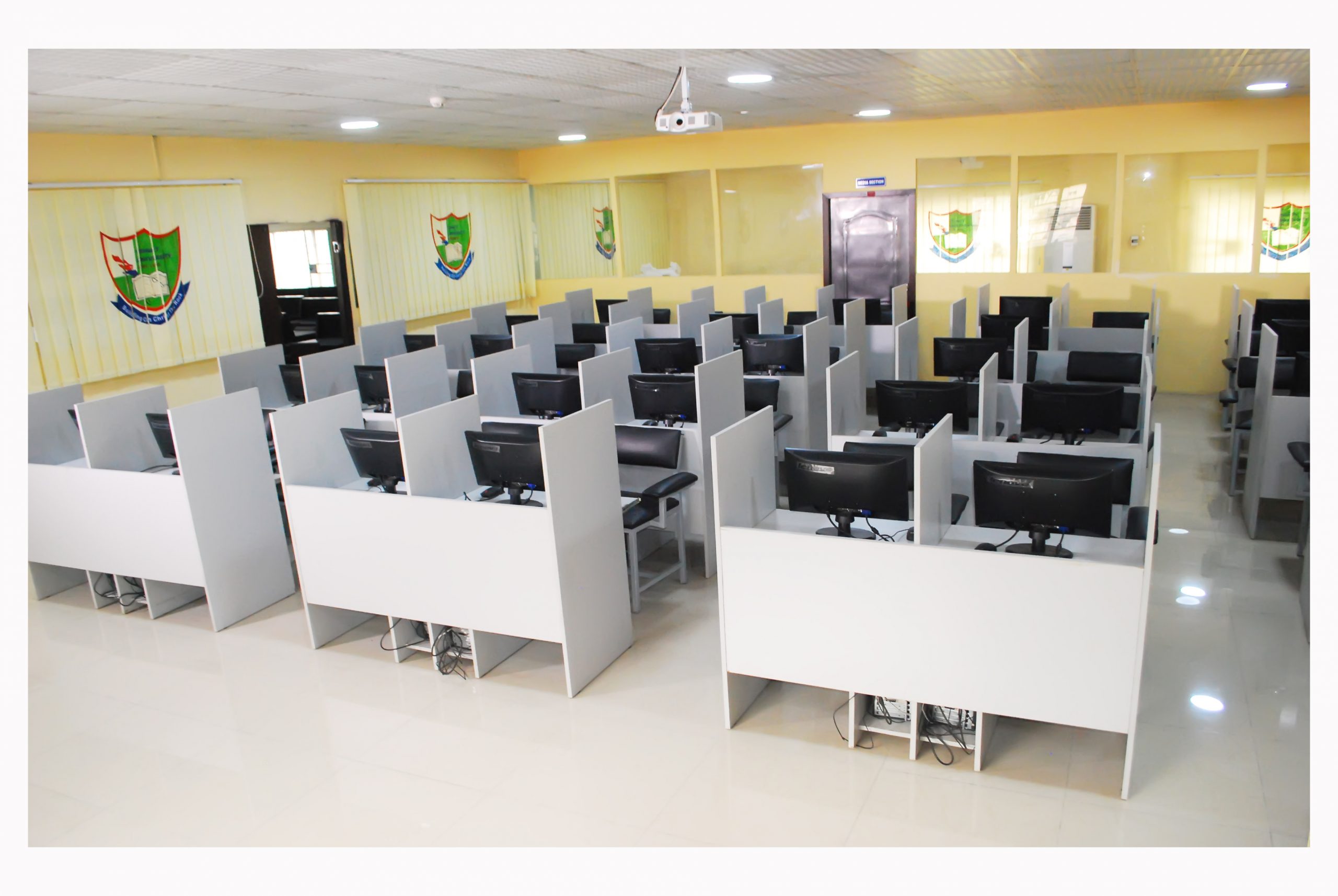
Overview
Welcome to the Department of Tourism and Hospitality Management, Trinity University. The programme is becoming largest and fastest growing industry, globally. The curriculum of the department is designed to equip students with requisite knowledge and skills that will be needed for modern service provision in hotel operations, food and beverage production and services, recreation and entertainment services. The department has been approved by the Nigerian Universities Commission (NUC). In the department students are trained to be successful entrepreneurs and managers of tourism and hotels.
Our students are exposed to use of modern hospitality equipment and utensils in a standard laboratory. Local and international tours are routinely carried out to acquaint them with tourist destinations. The department is equipped with qualified professionals and experienced lecturers. Lectures are delivered with modern teaching facilities in cool and serene teaching environment. Another unique aspect of the programme is that the students are exposed to both theory and practice. Students are made to interact with the real world of Tourism and Hospitality Management by undertaking compulsory industrial training. This widens their horizon and prepares them for tasks ahead and makes them more relevant in the industry.
Philosophy
Tourism and Hospitality Management in Trinity University is a programme that produces graduates equipped with appropriate knowledge to make their contributions to the development of tourism and hospitality businesses in Nigeria, Africa and the world.
Objectives
The objectives of the Tourism and Hospitality Management programme are to:
- instill in students a sound knowledge of Tourism and Hospitality Management, an appreciation of its applications in different socio-cultural contexts and to involve the students in intellectually stimulating and satisfying experiences of learning and studying;
- provide students with broad and well balanced theories and methods in Tourism and Hospitality Management;
- cultivate in students the ability to apply their knowledge and skills in the programme to the understanding and solution of societal problems in Nigeria and elsewhere;
- provide students with the relevant knowledge and skill base from which they can proceed to further studies in special areas of the programme or multi-disciplinary areas involving Tourism and Hospitality management;
- instill in students an appreciation of the importance of the programme in contemporary national and global affairs; and
- develop in students a range of useful competencies for employment in public, private or self-employment.
Vision
To produce well- trained professional managers, tourism entrepreneurs and academics for the industry.
Mission
To train tourism and hospitality management professionals and produce graduates that can use the acquired knowledge and skills to understand and analyse issues and problems relating to the overall concept and management of tourism and hospitality management thus providing world class solutions.
Programme Duration
It has duration of four years for students admitted with the Ordinary Level Certificate, and three years for those with Advance Level Certificates.
Entry Requirement:
Admission into the programme will be either through UTME or Direct Entry.
UTME
Candidates for admission into the four – year degree in Tourism and Hospitality Management should possess a Senior Secondary School Certificate, General Certificate of Education, NECO or their equivalents with at least five credit passes including Mathematics, English Language and Geography and any two relevant subjects, at not more than two sittings. In addition, candidates must have acceptable passes in UTME.
DIRECT ENTRY
Direct Entry candidates must obtain Diploma from a recognised tertiary institution in Tourism and Hospitality Management or relevant disciplines. Candidates with relevant JUPEB ‘A Level’ results are also considered for direct entry. For emphasis, credit passes in English Language, Mathematics and Geography are compulsory
